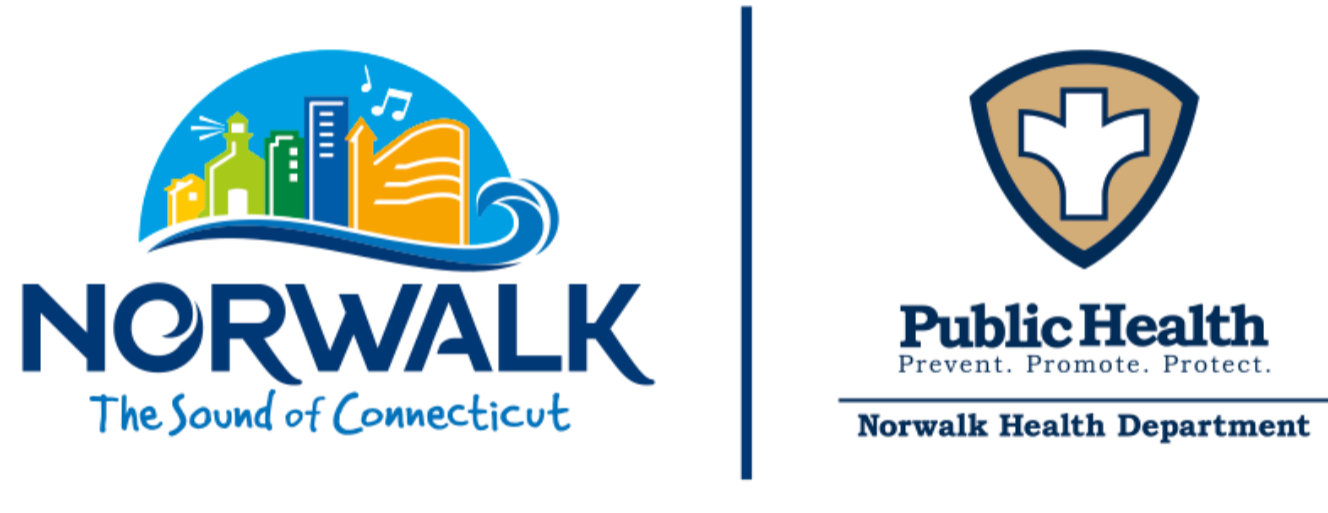
January is National Radon Action Month, and your state and local health departments urge you to learn more about radon—a leading cause of lung cancer—and test for radon in your home. Through a partnership with the CT Department of Public Health, the Norwalk Health Department can offer 100 radon kits to Norwalk residents. There is a limit of one kit per household, while supplies last. To request a radon testing kit, please complete this short survey here.
Health Department staff will follow up with recipients to provide information and remind you to use the test. Radon is an invisible, odorless, tasteless radioactive gas released in soil, rock, and water from the breakdown of uranium. It can be drawn into homes and other buildings through cracks and other openings in the foundation. Long-term exposure to high levels of radon gas indoors is the leading cause of lung cancer in nonsmokers, and smokers are at an even higher risk of lung cancer when exposed to radon. Radon levels vary throughout Connecticut.
Levels of radon may vary in each home depending on the structure of the building; your home can have elevated levels of radon while your neighbor’s home does not. You cannot see, taste, or smell radon, so the only way to tell if you have a radon problem in your home is to test for it. Testing involves placing a small device in your home for at least 48 hours and then sending the device to a laboratory for results. If you cannot get a kit from the Health Department, some low-cost testing kits are available from the American Lung Association’s online store (lung.org).
As with many home repairs, the cost of fixing radon problems Media Contact Theresa Argondezzi Assistant Director of Health, Community Health targondezzi@norwalkct.org P: 203-854-7977 varies. CT DPH estimates that the average cost of this service ranges from $1,200 to $1,500. For more information and a list of radon professionals please visit the CT DPH website here.
If you have any questions, please contact Jahliah Green at (203) 854-7790. About the Norwalk Department of Health: Under the direction of the mayor, and with valuable guidance from its six-member Board of Health, the Norwalk Health Department provides a variety of services and programs to fulfill its mission: to prevent and control the spread of disease, promote a healthy environment, and protect the quality of life within its changing community.
The Health Department achieved accreditation through the Public Health Accreditation Board (PHAB) in June 2014, demonstrating that it meets or exceeds national public health standards and commits to continuously improve the quality of the services it delivers. More information is available at www.norwalkhealth.com.